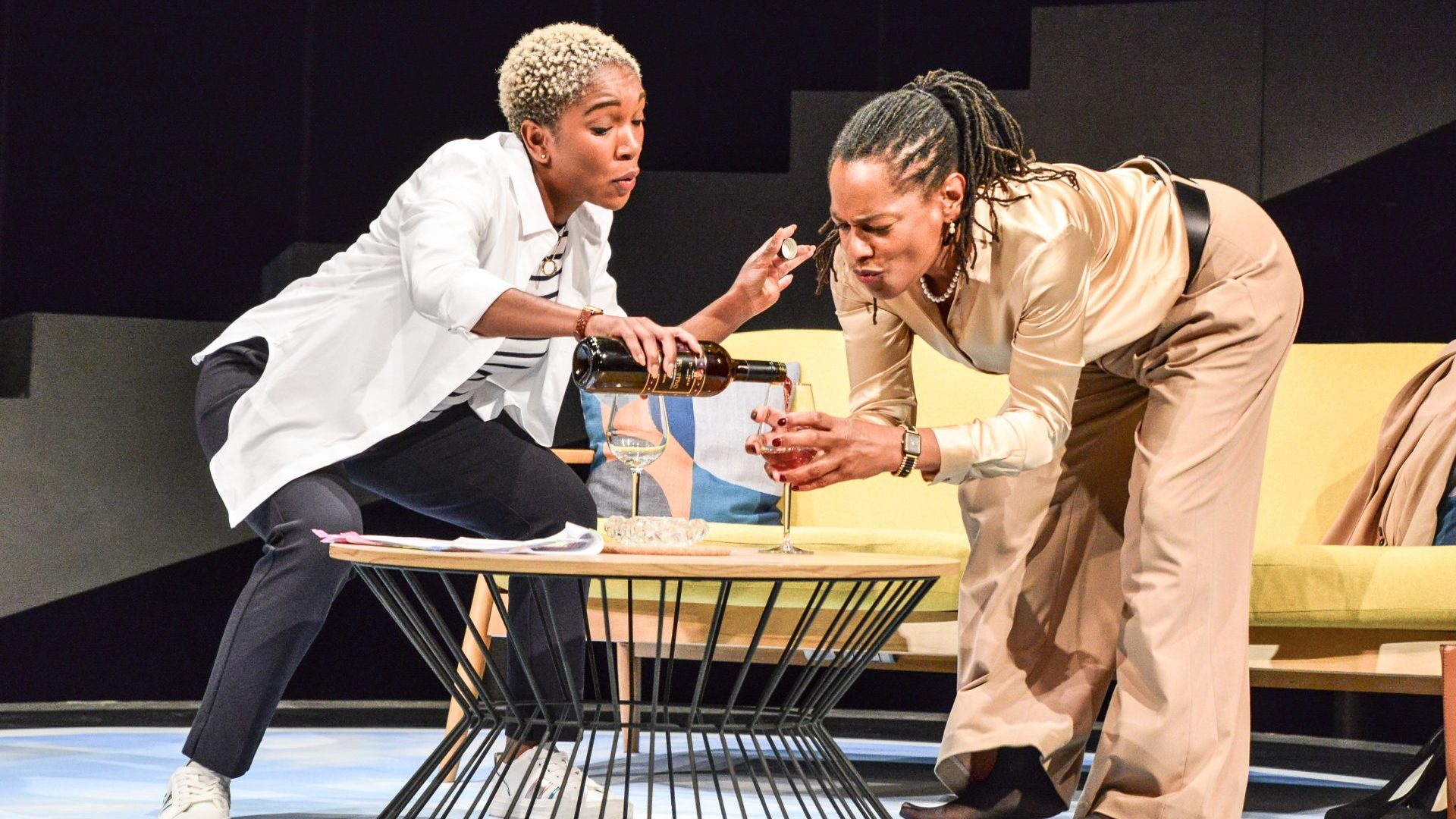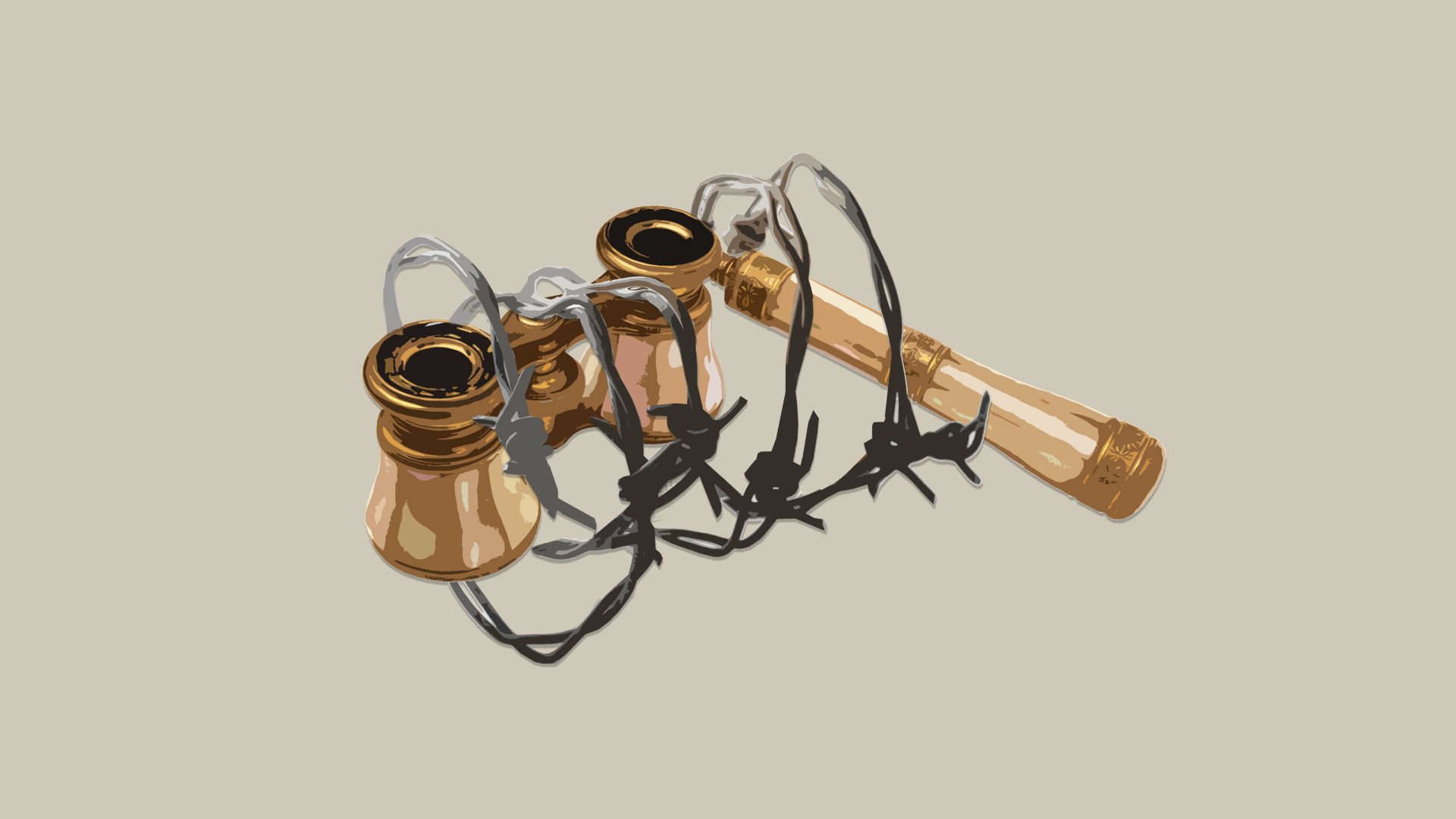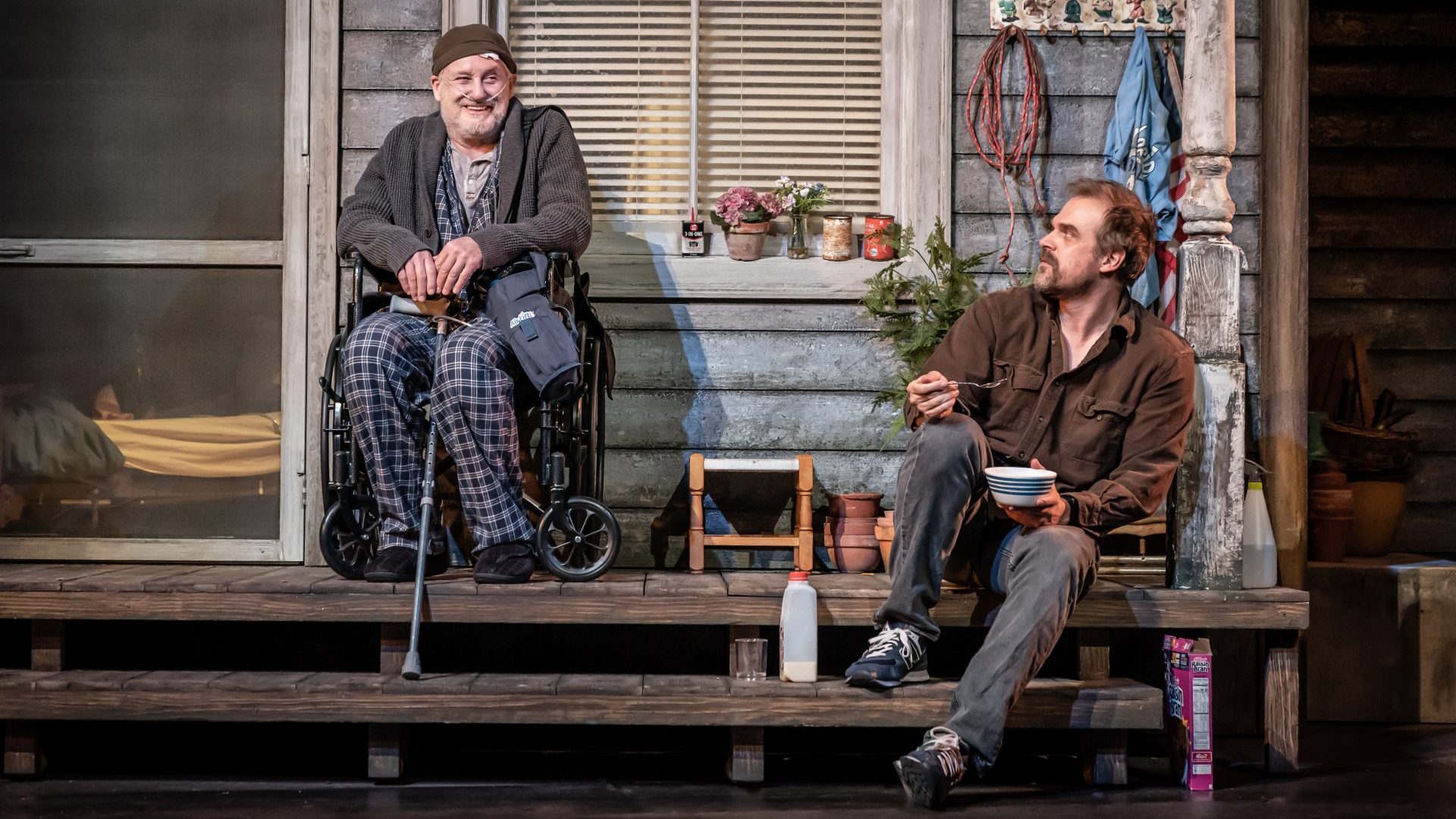The Fellowship
Hampstead Theatre, London
Until July 23
Roy Williams was asked if his play The Fellowship would have been any different if he’d written it before Brexit. He replied that of course, that event impacted on it, as indeed did the full ensuing horror of Theresa May’s “hostile environment”, the Windrush scandal and so many other things that made black people in Britain feel more uncomfortable in this country than for a very long time.
It’s a state-of-the-nation play that Williams has written about a nation that’s got itself into a bit of a state. It’s set in 2019, when two sisters, Dawn (Cherrelle Skeete) and Marcia (Suzette Llewellyn) seem on the face of it to be getting along perfectly well. The latter – a high-flying barrister – has done a lot better than her sister, but there appears to be no resentment. The tensions that underlie their relationship – as with the specific tensions in the black community during this period – become clear enough as the play progresses.
The sisters are members of the late baby boomer generation and they remember the bad old days of Broadwater Farm and the “no blacks” signs put up by landlords, but Dawn wants to move on. She and her partner Tony (Trevor Laird) have lost a son in a racially motivated attack, so she wants no lectures on the subject. She’s bored of Marcia going on about her “white saviour mates chanting Black Lives Matter without the slightest idea why”. She’s not keen, either, on the idea of Idris Elba playing James Bond.
The next generation is represented by Dawn’s surviving son Jermaine (Ethan Hazzard), who is dating a white girl named Simone (Rosie Day) and this is a play about different perspectives, generational clash, the internal and the external and what it is that constitutes success and contentment in life.
Paulette Randall’s production is played out a Libby Watson set that could double up for that of a daytime chat show and there are bursts of Saturday Night Fever and Take That for good measure. It’s occasionally funny, often a bit too earnest for its own good, but overall it makes for an absorbing and thought-provoking night. That the audience started clapping when things seemed to have come to an end at least 30 minutes before the actual ending suggests it’s also a tad too long.
Still, Miss Skeete – standing in at the last minute as Dawn at the press night following Lucy Vandi’s indisposition – does extraordinarily well in all the circumstances.




